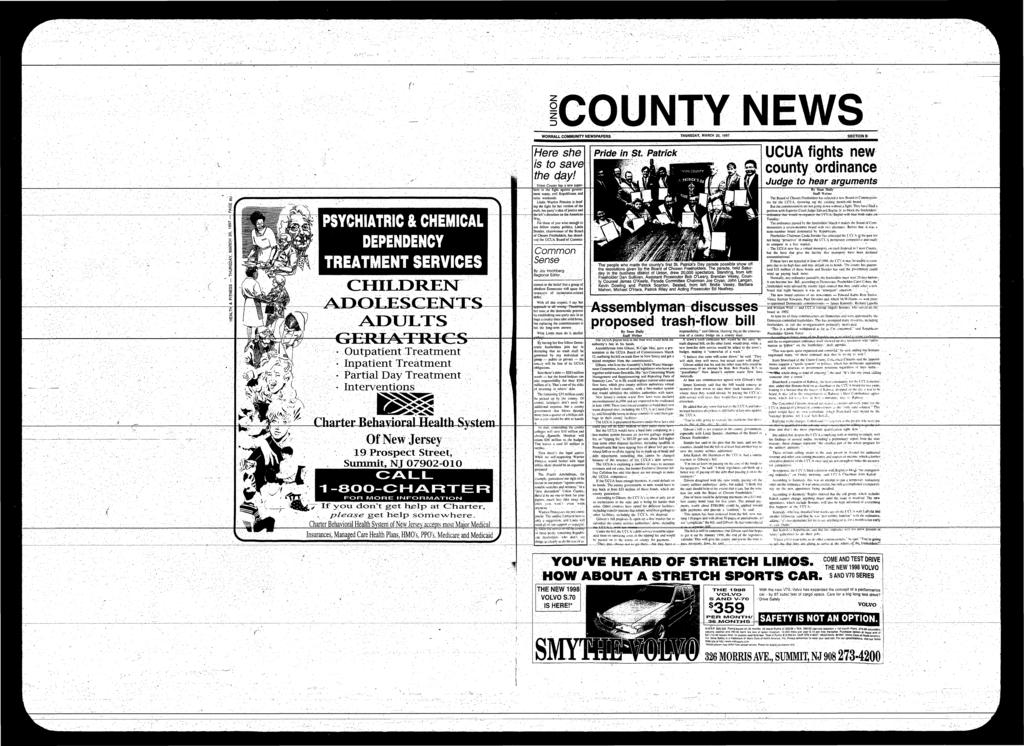According to the emerging Igreja [www. igrejaemergente. com. br] website, an emerging church is essentially “a Christian movement where people seek to live their faith in a postmodern social context. “Invented in the late 1990s, the terminology applies to communities whose main characteristic is the dissemination of the gospel in different urban cultures.
The movement was already gaining prominence in Brazil, spread mainly through blogs and websites, but gained momentum following the publication of the book “Generous Orthodoxy”, written by Brian Mclaren.
Honest but wrong
Advocates and preachers of the so-called emerging church have sincere motivations. As a missionary, I recognize that the church has sometimes harassed and violated cultures rather than valued them, and that this has in some respects been an obstacle to preaching the gospel. To remedy this situation, the church must develop a theology that separates the gospel from culture. In addition, changes in postmodern society require misiological review by pastors and leaders, re-developing strategies and contextualizing their message so that it can be fully understood by the emerging generation.
The problem is that, fundamentally, emerging churches are more concerned about the listener than about the message itself, and in their eagerness to preach a gospel that is?Acceptable? For postmodern man, they end up neglecting the basic assumptions of Christianity, even denying the literal nature of Christ’s virgin birth, his miracles, the resurrection of Jesus, and the existence of eternal hell.
Relativism, good deeds and hatred of the church
According to Kevin Corcoran, another feature of emerging communities is “Preference for good experience rather than good doctrine?”[1]. For some, doctrine doesn’t really matter, so exclusive worldviews like Catholicism and Protestantism put them in the same package; they simply ignore that there can be no justification where there is no repentance and conversion to the truth. on practice at the expense of doctrine, they are closer to Catholicism and spiritualism than to the evangelical tradition, since the emphasis is on works without faith.
There is also a post-church trend within the emerging church, which declares that the church itself is the problem and tries to get rid of it. “They don’t even use the word church and say, “Nothing they’ve done, we will,” says Jason Clark [2], another leader of the movement. Many even reject the title of Christians and do not allow them to call their community churches.
In Brazil, we see this hostile influence emerge over Caio Fobio, a former Presbyterian pastor and current mentor of the caminho da Graca community, for whom the Protestant Reformation itself was simply a “patch of new cloth in an old garment” [3], thus neglecting five centuries of reformed tradition in the name of his “new vision”.
Conservatives vs liberals: two currents in the movement
Considered by many to be emerging, Mark Driscoll, pastor of Mars Hill Church in Seatle, believes the emerging church has a positive side, which is recognizing the importance of mission in urban culture. However, he himself denounces the ideology prevailing in the movement, which he calls “the latest version of liberalism”. [4]. Having been one of the forerunners of this church model, the pastor says he stepped back as soon as he realized that emerging leaders were on a strange path, and speaks openly today at odds with Rob Bell and Brian Mclaren, representatives of the emerging liberal wing. Mark is perhaps the biggest promoter of what we might call the positive side of the emerging movement.
Dan Kimball [5], author of “The Emerging Church,” also recognizes that there are dissonant voices within the movement, and distinguishes between emerging and emerging churches. In any case, his approach supports the idea that there are at least two factions within the movement. Emerging churches, in this case, would be characterized by liberal theology and decentralized leadership, while emerging churches (or emerging conservatives), although nourished by the same desire to reach the postmodern generation, are culturally liberal, but have an Orthodox doctrine. , making a clear distinction between the gospel and culture.
Concept review
It is true that there is some confusion within the emerging movement, but we cannot deny that some of the questions posed by its supporters are really important: “What strategies should be used to bring the gospel to the postmodern generation?Was the institutional church a Good Representative of Christ?How far should we immerse ourselves in different urban cultures to preach the gospel?These are sincere questions that deserve a frank and honest answer.
The emerging church was born of our carefreeness and missionary reflection, and despite its dominated liberal wing, supposedly incompatible with the gospel, the movement has positive points and has much to teach us, yet we must never be very careful, in the name of form, to compromise the content of the gospel. We cannot exaggerate our desire to be culturally relevant, because the gospel will always be madness and a scandal for the unbelievers and, in trying to make it more attractive, we can end up turning it into something it is not.
Grades
2. Ibid.
4 DRISCOLL, Mark Confessions of a Reformed Shepherd, Niteri: Ed. Tempo de Colheita, p. 23
By Leonardo Gonoalves. Website: pulpitoCristao. com

